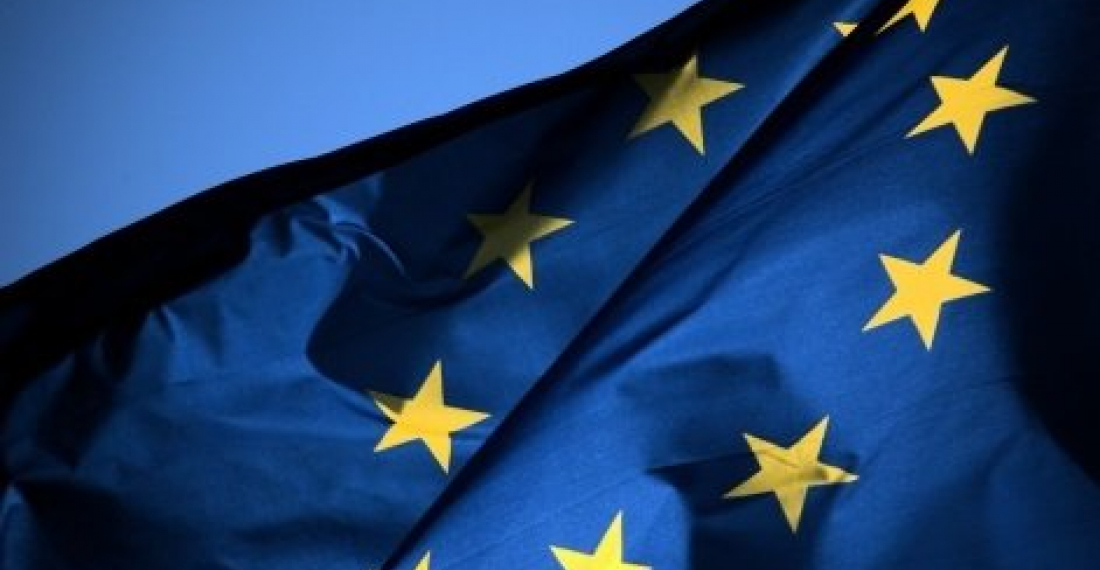В заявлении, посвященном 10-й годовщине августовской войны между Грузией и Россией, Верховный представитель ЕС по внешней политике и политике безопасности Федерика Могерини заявила, что российское военное присутствие как в Абхазии, так и в Южной Осетии продолжается в нарушение международного права и принятых обязательств Россией в соответствии с соглашением от 12 августа 2008 года, достигнутом при посредничистве Европейского Союза.
В заявлении говорится:
Сегодня исполняется десятая годовщина конфликта между Россией и Грузией. Приверженность Европейского Союза мирному урегулированию конфликтов в Грузии остается такой же сильной, как и прежде. Европейский Союз вновь заявляет о своей твердой поддержке суверенитета и территориальной целостности Грузии в пределах ее международно признанных границ.
К сожалению, российское военное присутствие как в Абхазии, так и в Южной Осетии продолжает нарушать международное право и обязательства, принятые Россией в соответствии с соглашением от 12 августа 2008 года, достигнутом при посредничистве Европейского Союза.
Европейский Союз подтверждает взятое на себя обязательство продолжать участвовать в усилиях по стабилизации и урегулированию конфликтов в Грузии, в том числе путем продолжения своих обязательств в качестве сопредседателя в Женевских дискуссиях, усилий Специального представителя ЕС и постоянного присутствия на местах Миссия наблюдателей ЕС.
ЕС приветствует пакет предложений «Шаг к лучшему будущему» правительства Грузии, который может принести пользу гражданам, проживающим по обе стороны административных границ, путем содействия торговле, образованию и мобильности. Такие предложения согласуются с политикой Европейского Союза по взаимодействию с сепаратистскими регионами Грузии.
За эти десять лет Грузия укрепила свои демократические институты и провела реформы в области верховенства закона. Грузия развила процветающую экономику и стала важным направлением прямых иностранных инвестиций и туризма. В настоящее время она представляет собой модель демократической стабильности в регионе.
Кроме того, Грузия и ЕС подписали амбициозное Соглашение об ассоциации, в том числе о глубокой и всеобъемлющей зоне свободной торговли, которая будет определять наши двусторонние отношения на долгие годы. В марте 2017 года для граждан Грузии вступили в силу Visa Free Travel для краткосрочного пребывания. Взаимодействие ЕС с Грузией - это подлинное партнерство, основанное на политической ассоциации и экономической интеграции, а также на крепкой дружбе между нашими народами.
источник: commonspace.eu по материалам пресс-службы EEAS






